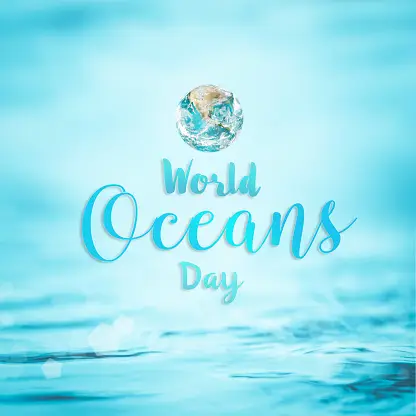Every year, on June 8th, people all around the globe come together to celebrate World Ocean Day. This special day serves as a reminder of the immense importance of our oceans and the urgent need to protect and preserve them. With more than 70% of the Earth's surface covered by water, the oceans play a vital role in sustaining life on our planet. However, human activities and environmental challenges have posed significant threats to the health and well-being of these vast bodies of water. On World Ocean Day, let us reflect on the beauty and significance of our oceans and renew our commitment to safeguarding their future.
The Wonders of the Ocean

Our oceans are teeming with life, harboring an incredible array of species and ecosystems. From the breathtaking coral reefs to the majestic whales and playful dolphins, the ocean's biodiversity is unparalleled. It is estimated that more than 200,000 known species live in our oceans, with millions still undiscovered. The ocean also acts as a climate regulator, absorbing carbon dioxide and helping to mitigate climate change. Additionally, it provides a significant portion of the world's oxygen, making it essential for our survival.
Challenges Facing the Oceans
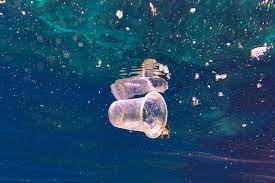
Unfortunately, the oceans are facing numerous challenges today, largely due to human activities. Pollution, overfishing, habitat destruction, and climate change are some of the key issues threatening the health of our oceans. Plastic pollution, in particular, has reached alarming levels, with millions of tons of plastic waste entering the oceans each year. This not only harms marine life but also affects human health, as microplastics have been found in seafood consumed by humans. Overfishing and destructive fishing practices have led to the depletion of fish stocks and disrupted marine ecosystems. Rising temperatures and ocean acidification caused by climate change pose additional threats to coral reefs and other marine organisms.
Preserving Our Blue Planet
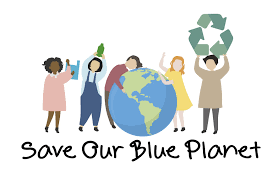
Protecting the oceans requires a collective effort from individuals, communities, governments, and organizations worldwide. Here are some key actions we can take to make a positive impact.
Reduce plastic waste: Minimize the use of single-use plastics, recycle diligently, and participate in beach clean-ups. Supporting initiatives to ban single-use plastics and promoting alternative eco-friendly materials can also make a significant difference.
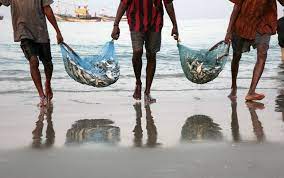
Consume sustainably: Opt for sustainably sourced seafood, as overfishing contributes to the decline of fish populations. Choose seafood that is caught or farmed using environmentally friendly practices and support initiatives that promote sustainable fishing.
Support marine conservation: Contribute to marine conservation organizations that work to protect and restore ocean ecosystems. Participate in community-led initiatives, volunteer for beach clean-ups, and educate others about the importance of ocean conservation.
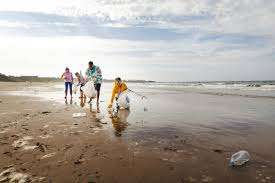
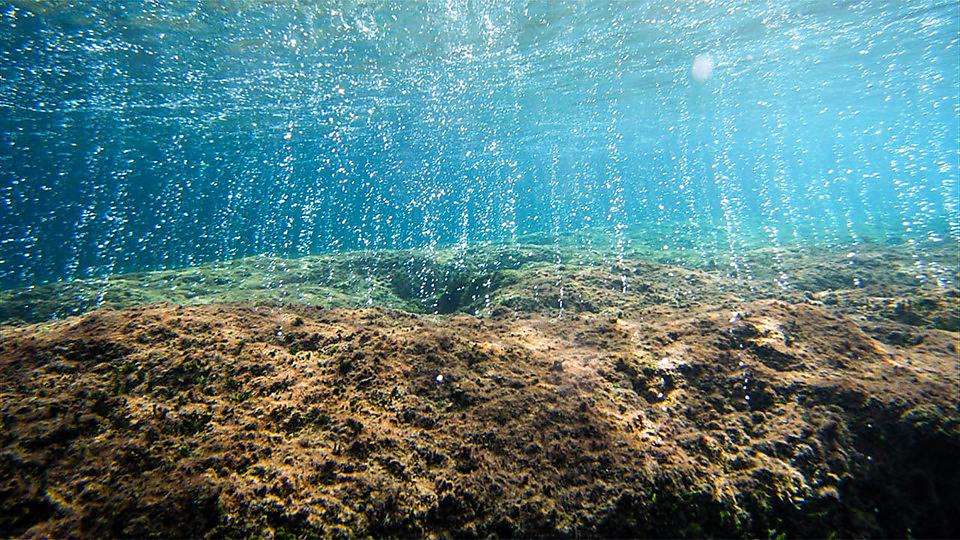
Combat climate change: Reduce your carbon footprint by conserving energy, using renewable energy sources, and advocating for policies that address climate change. Supporting initiatives that protect coastal areas and advocating for the preservation of marine habitats are also vital.
Educate and raise awareness: Spread knowledge about the importance of ocean conservation through social media, educational programs, and community events. Encourage others to take action and make sustainable choices.
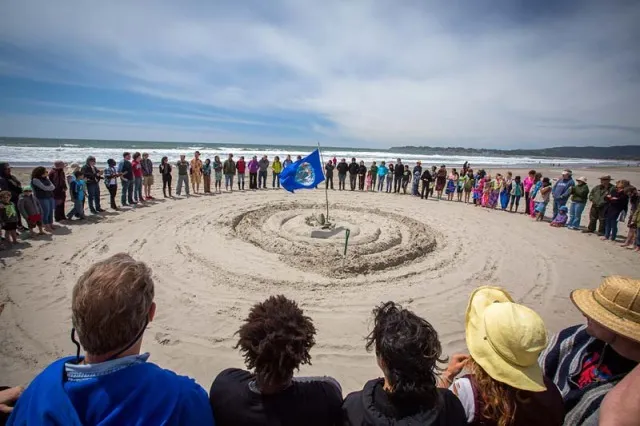
World Ocean Day serves as a powerful reminder of the beauty, biodiversity, and fragility of our oceans. We must act collectively and swiftly to address the challenges they face. By adopting sustainable practices, supporting conservation efforts, and raising awareness, we can make a significant difference in preserving our blue planet for future generations. Let us celebrate World Ocean Day not just on June 8th, but every day, by committing to protect and restore the invaluable ecosystems that our oceans provide. Together, we can ensure a healthier and more sustainable future for both humanity and the oceans we rely on.

Our Latest Posts
- Futuristic Tech You’ll Use Daily by 2025 (and After)
- Metaverse, Web 4.0, and AI Will Redefine 2025 and Beyond
- Trends For Entrepreneur Should Prepare For
- Next Gen Tech : What Will Technology Look Like in 2030?
- Tech Forecast: Game-Changing Trends and Predictions
- Tech for Tomorrow: Sustainability and Innovation Beyond 2025

